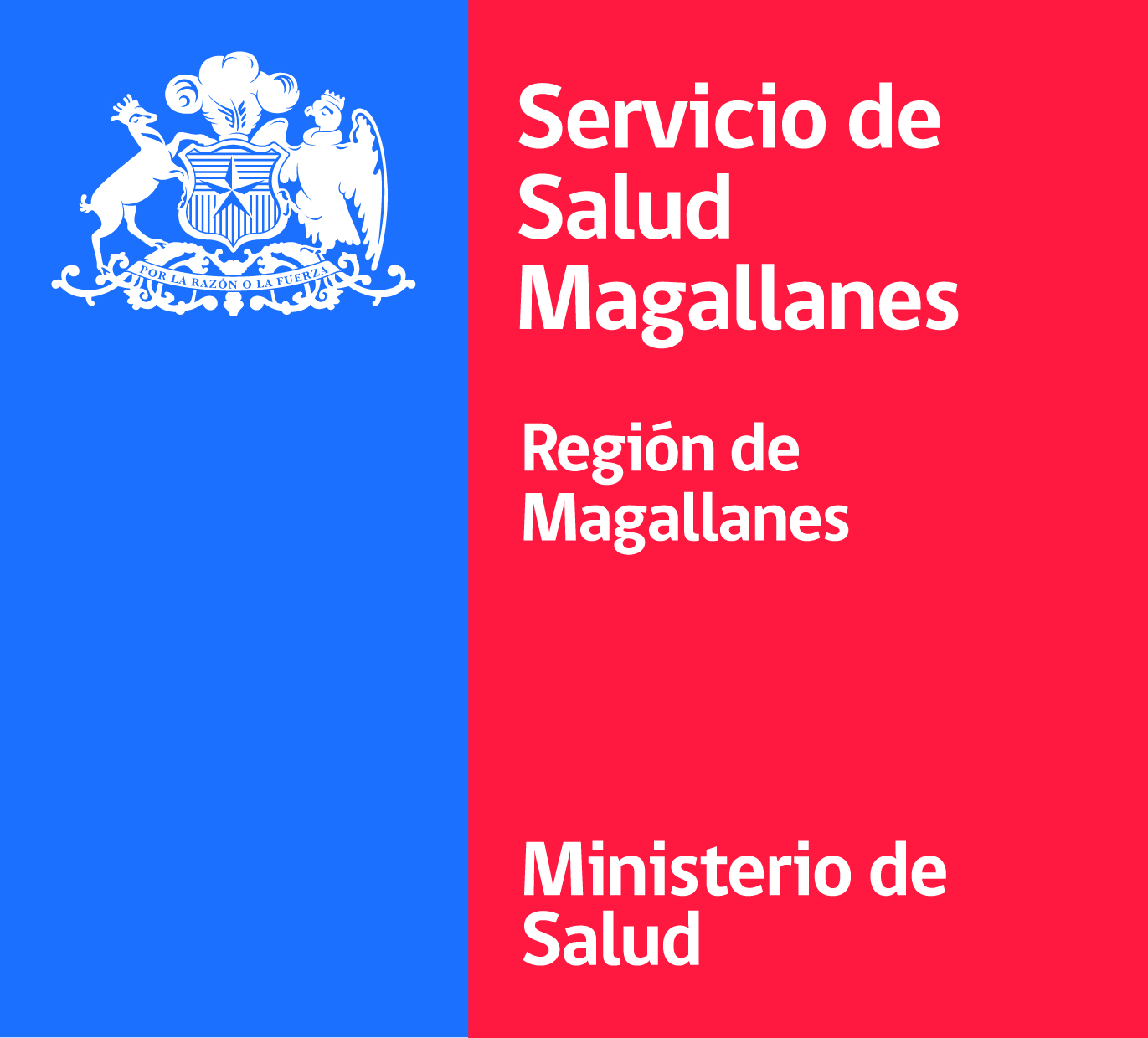When Are You Legally Required to Tell Your Employer You`re Pregnant
Although women make up half of the job market – and 85% of them will have children during their careers – finding the right time and path to let your employer know you`re waiting for can be anxiety-provoking. It can also seem like a difficult conversation. While this may seem like the most professional way to tell them as soon as possible, it could put you at risk of being overlooked for future projects (even if it`s discrimination). This can affect your professional development and your path to promotions and salary increases. To make your decision, you need to ask yourself the following questions: You have the right to wait until you have accepted a job offer to share your messages, but you may feel less anxious if you share the news in advance. The choice is yours. Legally, you are not required to disclose your pregnancy to your employers or potential employers unless you are looking for housing, according to the Equal Employment Opportunity Commission, or EEOC. Employers are not even allowed to ask about your pregnancy or health, according to the federal law on pregnancy discrimination. Discrimination on the basis of pregnancy is a form of discrimination based on sex. After maternity leave, your employer is required to allow you to return to the same or at least one similar job with a comparable salary. How to do it, when to tell them and what your rights are There are no legal requirements that dictate when you must disclose your pregnancy. However, some employees are understandably concerned about when to share the news with their supervisors.
Legally, if your business falls under the Family and Medical Leave Act, you only have to request a leave at least 30 days in advance before leaving for the birth. Don`t be afraid to tell your employer about your pregnancy. Under the Pregnancy Discrimination Act (PDA), employers are prohibited from discriminating against you because of your pregnancy. You cannot refuse to hire, fire, change your work assignments or salary, or make promotion or demotion decisions based on your pregnancy. Many women tend to disclose their pregnancy at the end of their first trimester or the beginning of the second trimester, usually. This is usually due to the higher risk of miscarriage in early pregnancy, but there are a few reasons why you can wait to announce your pregnancy at labor. Next, think about how the work is going in general. While this may be unfair, you may want to wait with your ad until you`ve made a big deal, completed a threatening report, or executed your last big idea. This could potentially help alleviate concerns about your work regarding your pregnancy.
Similarly, if you have a review, you may want to wait until it`s complete, especially if you`re concerned that your ad will affect the results of an upcoming performance or salary review. • The sooner you let your employer know, the easier it will be to make maternity leave arrangements. However, waiting may not be possible if you experience severe morning sickness or other medical problems at first, or if you work in a role involving strenuous physical activity. If your business is very family-friendly or for some other personal reason, you may want to disclose your pregnancy earlier. A specific recommendation is to notify your employer at the end of the first trimester (12-13 weeks). Around this time, some women begin to show and the risk of miscarriage is lower. Your supervisor will also appreciate early notification, as they will have ample time to discuss your vacation and develop a proper transition plan for your replacement. 3.When planning your vacation.
Just as you plan how long it will take you and who will take care of your new baby when you return to work, most employers will appreciate the time to plan who will do your job in your absence. Keep in mind that if you take leave under federal or state law, you have the right to return to the same or similar job with the same pay when you return to work. • You will receive enough paid leave for prenatal appointments. After your first appointment, your employer may require proof of these appointments, either in the form of a certificate from your doctor or a stamped MATB1 certificate, which is usually issued 20 weeks before your due date. You`ll start to get a better idea of what maternity pay might receive and how to claim it. If you`re worried about your boss`s reaction to the announcement of your pregnancy, proceed with caution. According to Baby Center, it`s okay to wait until you`re between 14 and 20 weeks pregnant before letting your boss know. In this way, you have already shown that you can control your position when carrying a child. If you don`t feel comfortable discussing your pregnancy with your boss, you can talk to your company`s human resources department.
Often, pregnant women worry that their employer will react badly to the news of their pregnancy, but don`t let that be a concern or reason not to tell them.




